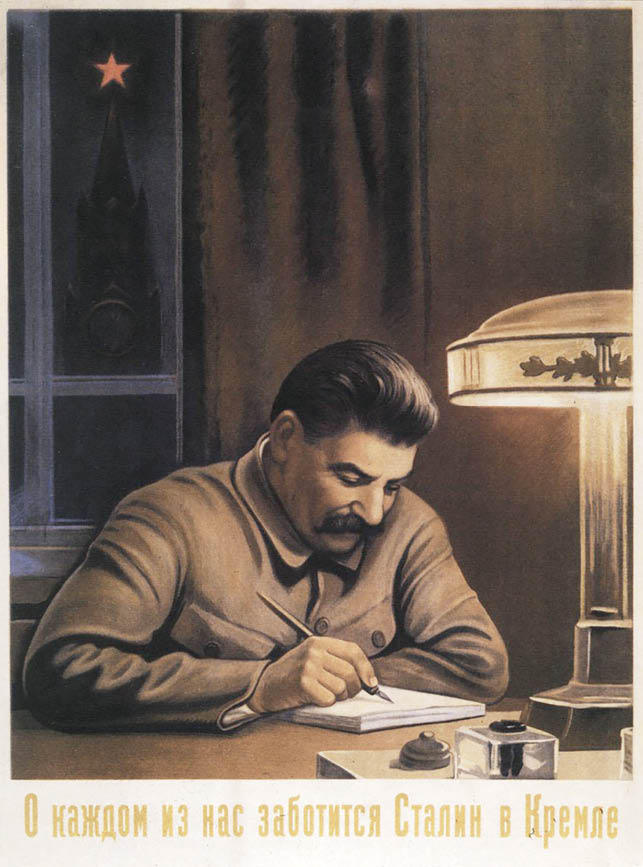The Sinking of the SS Athenia
 |
Outbreak of War
The SS Athenia was a transatlantic passenger liner built in 1923 in Scotland and often carried passengers, many of whom were emigrants, between the United Kingdom and the East coast of Canada. The ship weighed a heft 13,500 tons and was able to accommodate up to 1000 passengers.
In 1939 many were in a particular hurry to get out of Europe in a hurry to escape the outbreak of war. On 1st September 1939, the same day that Germany declared war on Poland, the Athenia left Glasgow for Canada. It went on to pick up more passengers in Belfast and and Liverpool and proceeded into the Atlantic Ocean two days later. On the same day, Neville Chamberlain announced that Britain was at war with Germany.
The Attack on the Athenia
Prior to the outbreak of war, approximately 18 U-boats, including the U-30, had been ordered to take up position in British waters. They had been ordered to ensure international law was obeyed, meaning they had to give warning before attacking any merchant vessels to allow them time to prepare.
Lieutenant Fritz-Julius Lemp, the captain of the U-30, claimed that he didn't realise that the Athenia was not a battleship. He stated that the ship was travelling without lights and sailing in what seemed to be an "anti U-boat" zig zag pattern. Lemp therefore made the decision to attack without warning only hours after Britain had declared war on Germany. Four torpedoes were fired, hitting the port side of the Athenia.
 |
| Sinking of SS Athenia (Picryl) |
The ship's 26 lifeboats were launched and distress signals were soon received by nearby ships who came to offer assistance to the stranded passengers. Three Royal Navy destroyers the HMS Electra, HMS Escort and HMS Fame also showed up later that night to pick up survivors. Unfortunately, 112 people died either in the initial explosion or as a result of complications with lifeboats. 1306 people survived.
German Response
Lemp avoided punishment from his superiors. In fact, the event covered up. The log book for the day of the attack was replaced. Lemp in fact received an Iron Cross and a promotion later that month.
The German government denied any presence of U-boats in British waters and even went as far as to claim that Britain destroyed its own ship. Fearing that the attack would bring America into the war, the Nazi Minister of Propaganda, Josef Goebbels, launched an unsuccessful propaganda campaign to state that Winston Churchill, the First Lord of Admiralty, had orchestrated the whole thing.
 |
| Sinking of the SS Athenia, 1939 © IWM HU 51015 |
The German attack on a British passenger ship within the first few hours of war undoubtedly shaped public opinion. The British government quickly agreed to implement convoys for merchant ships to help prevent further attacks.
Canada was also effected by the sinking of the Athenia since over 500 passengers onboard were Canadian. On 9th September, parliament voted to go to war with Germany. This was generally favoured by the Canadian public as it had come to light that ten year old Margaret Haworth died in the attack.
The U.S. President, Franklin D Roosevelt, had taken a non-interventionist stance in the affairs of Europe and the anti-interventionist stance of Congress made it difficult to make any changes to the residing neutrality laws. However, with the outbreak of war and the sinking of the Athenia which saw the deaths of many innocent American passengers, meant public opinion started to shift. As a result U.S. Congress passed a new Neutrality Act in November 1939 which permitted the sale of munitions and strategic goods on what was known as a "cash and carry" basis to belligerents.
Further Reading
Francis M Caroll, "The Sinkin of the SS Athenia" Leon Magazine, August 2019
Evan Mawdsley, "Sinking of the SS Athenia" Yale University Press Blog, 2020
The Office of the Historian, "The Neutrality Acts, 1930s"
Francis M Caroll, Athenia Torpedoed: The U-Boat Attack that Ignited the Battle of the Atlantic (Naval Institute Press, 2012)



